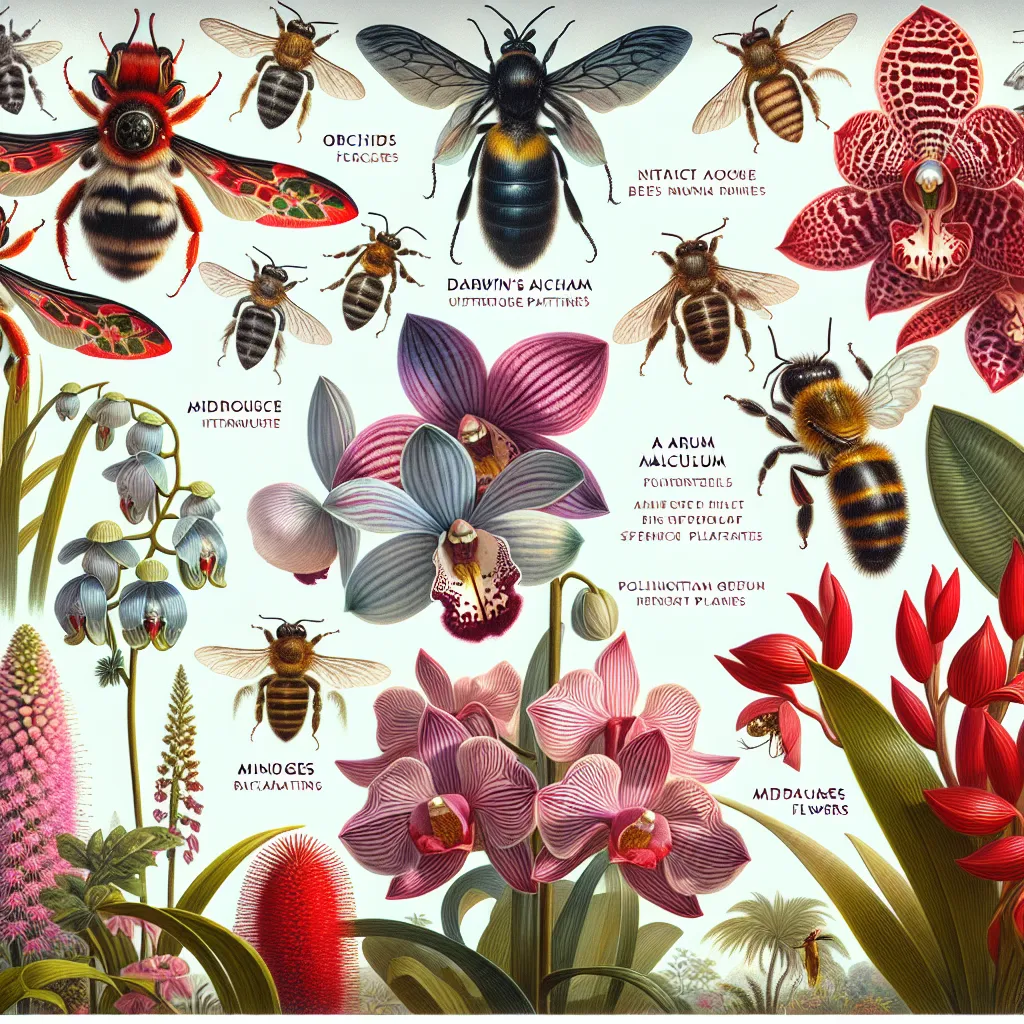Life is like a stage, and we’re all actors playing various roles. From the time we’re born until the moment we leave, we perform in different acts. Our lives are divided into seven stages.
First, we’re infants, crying and relying on our nurses. Then comes childhood, where school is a begrudging necessity. We lug our bags and, with sleepy faces, drag ourselves unwillingly to class.
Next, we stumble into the world of love. In this stage, we sigh deeply and compose sad songs, losing ourselves in thoughts of our beloved. Following love, we become soldiers, full of passion and quick to fight, always striving for respect, even if it means facing danger head-on.
As time marches on, we become judges of sorts, accumulating wisdom and knowledge. With our full bellies and serious faces, we dish out advice and share all we’ve learned.
Then, we enter our older years, turning into skinny, slipper-wearing elders. We become frail, our voices losing their strength, becoming high-pitched and weak.
Eventually, we reach the final stage. It’s a return to a kind of second infancy, where we lose our teeth, our vision, our taste—everything.
And so, this journey called life goes on, from one stage to the next, until the curtain finally falls.






